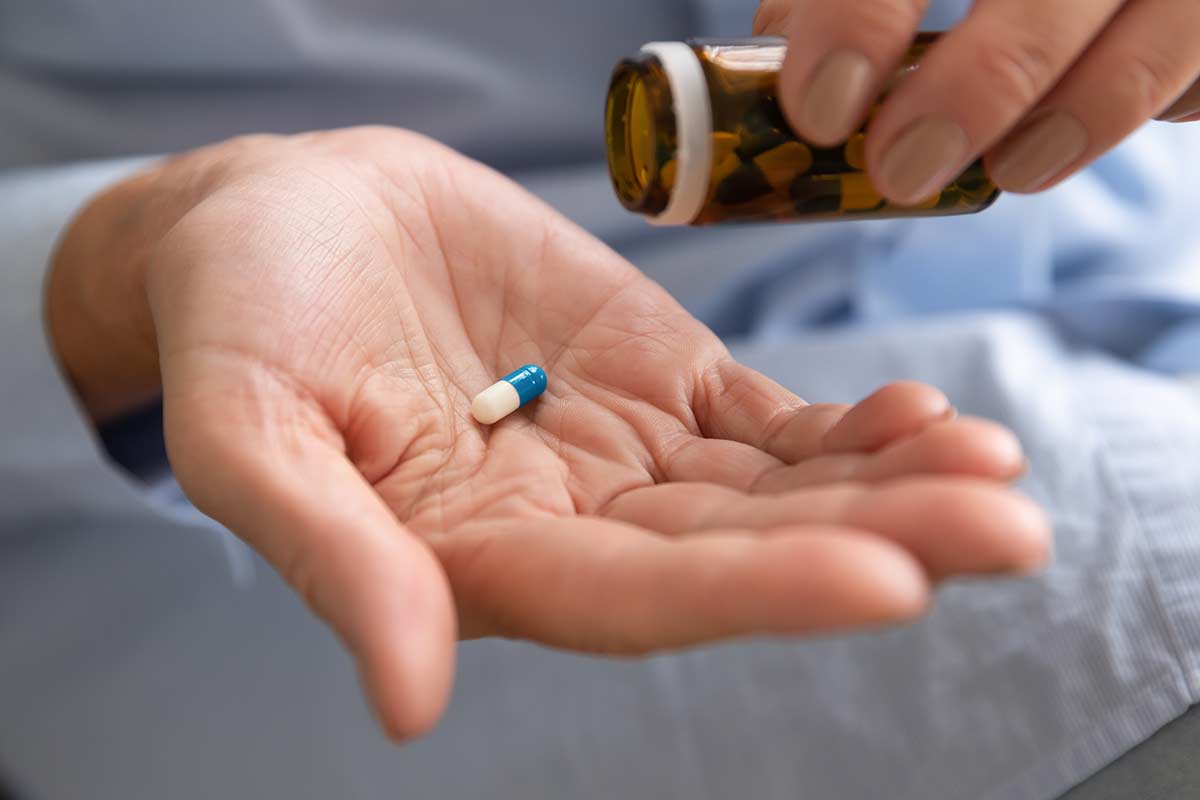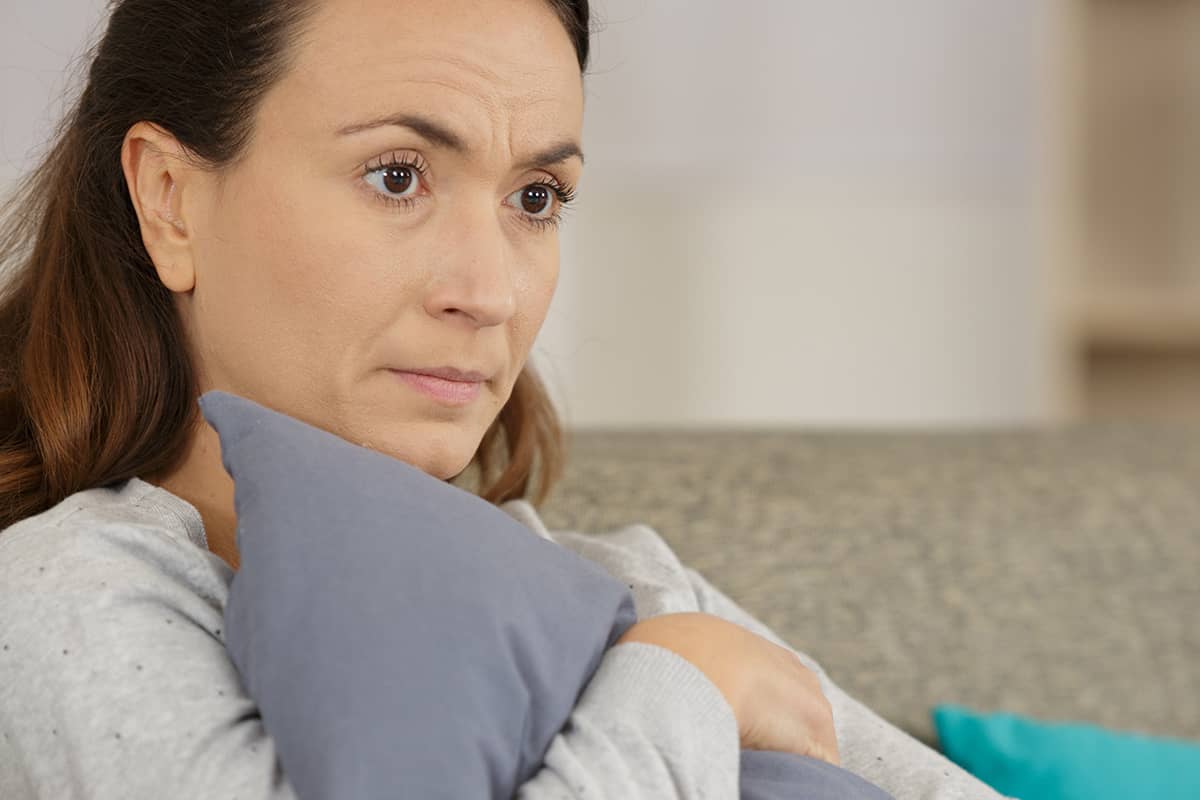Suboxone has become one of the most widely used and evidence-backed medications for treating opioid use disorder. But the success of Suboxone isn’t just about taking a pill—it’s about how the medication is integrated into a comprehensive, recovery-oriented program. At Colorado Medication Assisted Recovery (CMAR), our Suboxone treatment isn’t a temporary fix—it’s a personalized, holistic approach to long-term healing.
If you’re considering medication-assisted treatment (MAT), understanding what to expect in recovery-oriented Suboxone treatment is the first step toward taking back control of your life.

Understanding Suboxone and Its Role in Recovery
Suboxone is a combination medication that includes buprenorphine and naloxone. Buprenorphine is a partial opioid agonist, which means it binds to opioid receptors in the brain to reduce cravings and withdrawal symptoms without producing the intense high that comes with full opioid agonists like heroin or oxycodone. Naloxone is included to prevent misuse, particularly by injection.
Suboxone is often part of a medication-assisted treatment (MAT) plan, where medication is combined with behavioral therapies, peer support, and recovery planning. Unlike short-term detox programs that remove opioids from the body, Suboxone can be used for long-term stabilization to support individuals through every phase of recovery.
What Makes Treatment “Recovery-Oriented”?
At CMAR, we use the term “recovery-oriented” to describe care beyond symptom control. Recovery isn’t just about stopping drug use—it’s about rebuilding every aspect of life that addiction has impacted.
Recovery-oriented treatment focuses on:
- Long-term healing, not short-term solutions
- Emotional wellness and mental health support
- Relationship and community reintegration
- Sustainable coping skills for relapse prevention
- Empowering the individual through education and choice
By combining Suboxone with therapy, skill-building, and accountability, CMAR helps patients achieve more than sobriety—we help them rediscover purpose.
What to Expect During the First Phase of Suboxone Treatment
Initial Assessment and Medical Evaluation
The first step in any Suboxone treatment program at CMAR is a comprehensive intake assessment. Our medical team reviews your medical history, substance use patterns, and any co-occurring mental health concerns. We use this information to determine if Suboxone is the appropriate medication and how it fits into your treatment plan.
Induction Phase
Once cleared for Suboxone, you’ll begin the induction phase. This involves taking your first doses under clinical supervision, often in mild withdrawal. Our providers closely monitor your symptoms and adjust the dosage to reduce discomfort and stabilize your condition.
This stage is critical—it sets the tone for how your body responds to Suboxone and provides immediate relief from the physical pain of opioid withdrawal.
Education and Expectations
You’ll also receive education on how Suboxone works, what side effects to expect, how to avoid interactions with other medications, and the importance of consistency. Our expert team ensures you understand every part of your recovery journey.

What to Expect in Ongoing Recovery-Oriented Care
After the initial induction, you’ll move into the maintenance phase, where your recovery becomes more structured and goal-oriented. Suboxone helps reduce cravings, but healing requires more than medication. At CMAR, we help you create a life where opioids are no longer necessary.
Regular Monitoring and Dose Adjustments
Suboxone doses aren’t static. Your medical provider will work with you to assess your symptoms, side effects, and progress. Over time, your dose may be adjusted based on your stability, goals, and readiness for eventual tapering.
Individual and Group Therapy
Behavioral therapy is a required component of our recovery-oriented Suboxone treatment. In individual therapy, you’ll explore the underlying issues contributing to substance use, such as trauma, anxiety, or depression. In group sessions, you’ll connect with peers in recovery, share insights, and build a supportive community.
CMAR offers evidence-based therapies including:
- Cognitive Behavioral Therapy (CBT)
- Motivational Interviewing (MI)
- Trauma-Informed Therapy
- Family and Relationship Counseling
Addressing Co-Occurring Disorders
Many people struggling with opioid use disorder also experience depression, PTSD, ADHD, or anxiety. These co-occurring disorders need to be treated alongside addiction. Our dual-diagnosis expertise allows us to provide integrated care for both mental health and substance use.
Building a Life Beyond Substance Use
Recovery-oriented care means helping patients return to meaningful life roles—whether pursuing education, re-entering the workforce, repairing relationships, or developing hobbies and interests that foster a sense of identity and purpose.
The Role of Behavioral Therapy in Suboxone Treatment
While Suboxone can help stabilize the body, therapy is what transforms the mind. Medication addresses the physiological cravings and withdrawal, but treatment helps rebuild emotional resilience, decision-making, and self-worth.
Behavioral health care in a recovery-oriented model:
- Teaches healthy coping mechanisms
- Helps reframe negative thoughts and self-beliefs
- Supports relapse prevention by addressing high-risk triggers
- Encourages the development of long-term goals
Without behavioral therapy, Suboxone becomes just a Band-Aid. With treatment, it becomes part of a sustainable recovery strategy.

How CMAR’s Approach to Suboxone Treatment Is Different
CMAR’s model is built for people who want to reclaim their lives, not just reduce their symptoms. Our outpatient Suboxone program is designed around:
- Individualized treatment plans based on each client’s needs and goals
- Flexible scheduling, including telehealth options, to fit busy lives
- Clinicians trained in trauma-informed and dual-diagnosis care
- Long-term support that evolves with your recovery journey
Recovery is not a one-size-fits-all process. CMAR’s approach adapts to your life, not the other way around.
Duration and Timeline of Suboxone Treatment
There is no fixed timeline for Suboxone treatment. Some individuals may benefit from a short course, while others require maintenance treatment for several months or years. Recovery-oriented care doesn’t rush the process. Instead, we focus on progress over perfection, constantly monitoring signs of readiness for dose reductions or transitions in care.
Suboxone may be gradually tapered under medical supervision when:
- The individual has demonstrated sustained stability
- Cravings and withdrawal symptoms have subsided
- Strong behavioral and emotional supports are in place
- The patient expresses readiness and desire to reduce medication use
At CMAR, tapering is never forced or based on arbitrary timelines. It’s done collaboratively, ensuring the best possible outcomes.
Common Misconceptions About Suboxone and Recovery
Recovery-oriented treatment often challenges outdated ideas about sobriety. At CMAR, we help patients and families understand that:
- Suboxone is not trading one addiction for another—it’s a medical intervention that allows for healing.
- Recovery is not defined by abstinence alone but by quality of life, health, and connection.
- You can be in recovery while on Suboxone, and for many, that’s when true healing begins.
Stigma surrounding MAT often keeps people from seeking help. We aim to dismantle that stigma by providing compassionate, science-based care that supports long-term recovery.
Start Your Recovery with CMAR Today
Choosing Suboxone is not just about getting through withdrawal—it’s about building a life you’re proud of. At Colorado Medication Assisted Recovery, we provide recovery-oriented Suboxone treatment that treats the whole person: body, mind, and spirit.
If you’re ready to take that first step, reach out today. Our expert team will help you understand your options and create a treatment plan that fits your goals, schedule, and needs.
Contact us today to begin your path to recovery with CMAR.























